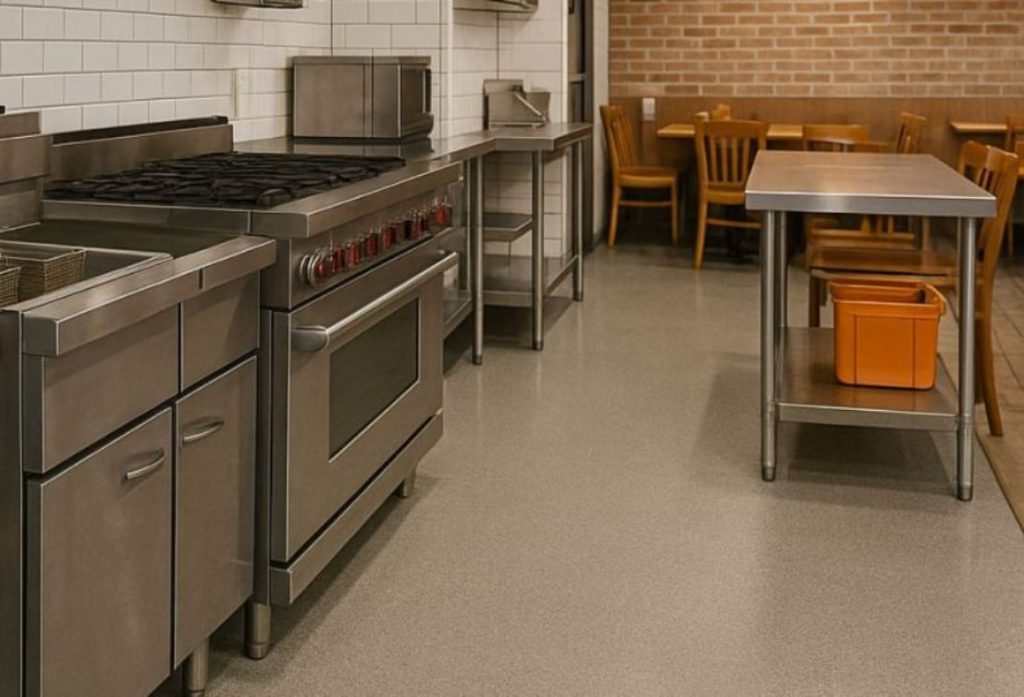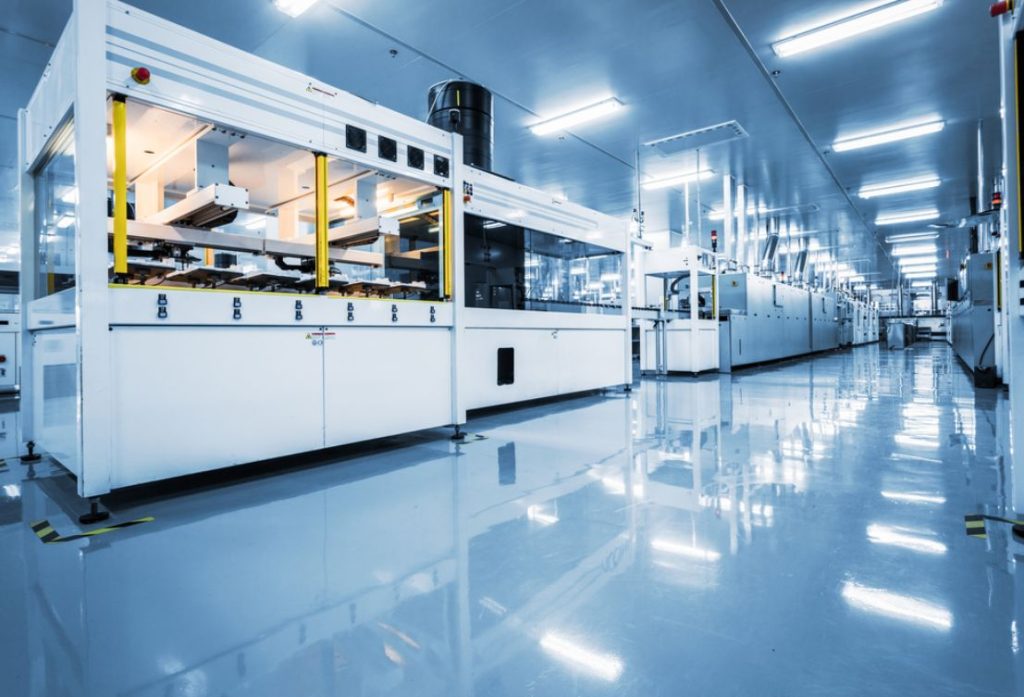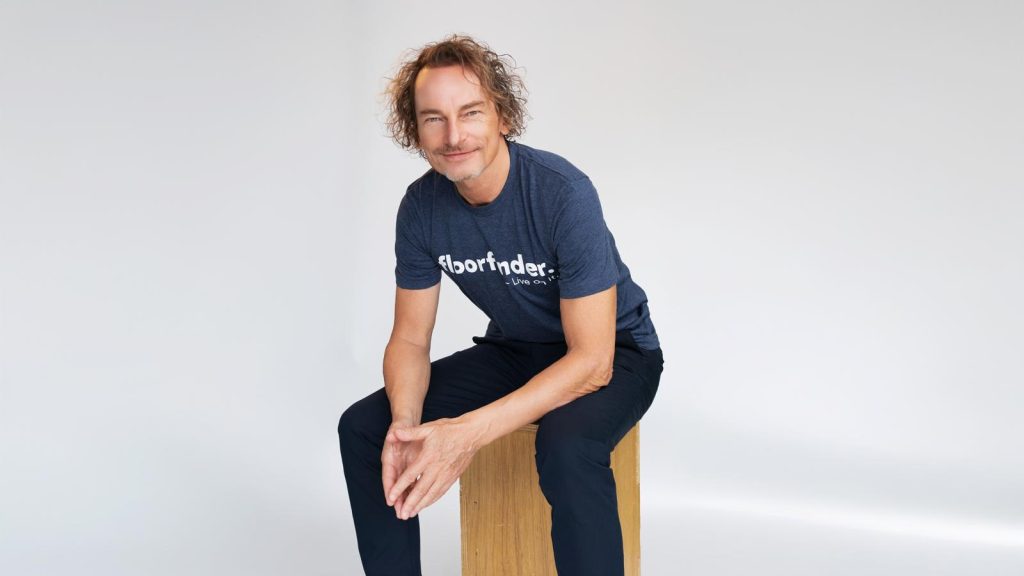
A Journey of Authentic Leadership and Revolutionary Thinking
TEARING DOWN WALL —The Beginning of VIACOR…‘‘VIA-COR….Story
When I started VIACOR in 1999, people said “chemistry and sports construction don’t mix.” We proved them wrong.
The walls I tear down aren’t just industrial barriers—they’re the suffocating conventions of corporate culture itself. When I started as a Product Manager(PM) in a flooring company in 1994, I wasn’t interested in flooring at all. But the owner excited me with possibilities, and I was hungry to learn. What followed was six(6) years of rapid ascension from PM to Managing Director to Board Member of an international public company.
But success in the corporate world felt like a nightmare. Everything revolved around money. I realized that so-called “corporate companies” weren’t me—they demanded I wear a mask, play a role, be anyone but myself. All I wanted was to create things & continue to develop them! So, I resigned, walked away from that excellent position, and suddenly found myself unemployed with no income.
What followed were interviews after interviews that revealed the same truth: everywhere, it was the same lies, the same nonsense. I had no choice but to forge my own path. This is why VIACOR was born—VIA meaning “way” or “path,” and COR meaning “heart.” I’ve always believed in working for and with people, never against them or at their expense.
Life happens through decisions. Even making no decision is a decision—you’re choosing to accept your current reality as okay. But here’s what I’ve learned: whenever you follow your heart, it NEVER leads you wrong. You can’t connect the dots looking forward; you can only connect them looking back, as Steve Jobs beautifully said in his 2005 Stanford speech.
BUILDING BRIDGES: From European to Asian markets, from polymer lab to Olympic stadiums. Connection creates innovation.
Building bridges isn’t just about geography— Once again, it’s about connecting the dots, people, cultures, ideas, and perspectives. My philosophy has always been to increase chances while reducing risks through meaningful connections.
We’ve built bridges across regions, from Europe to Asia. We’ve connected different industries—industrial flooring, sport surfaces, and waterproofing—finding innovation in the spaces between traditional categories. When you build genuine bridges, you don’t just expand your market; you expand your mind.




LIGHTING FIRES: Multiple companies, countless innovations, and a team that shares the vision: “The world is not enough – reach for the stars!”
I light fires because life is about experiencing what you haven’t been before. Everything else is just repetition, and I don’t like repeating myself too often. Exploring new things is more exciting, and excitement drives you forward.
Through various companies and countless innovations, I’ve built teams that share this vision of constant growth and exploration. We don’t settle for “good enough” because the world truly isn’t enough when you’re reaching for the stars.
The Manifesto Question
Your LinkedIn mentioned you’re ‘all time willing to tear down walls, build bridges and light fires.’ That’s not typical corporate speak. Where does this philosophy come from?
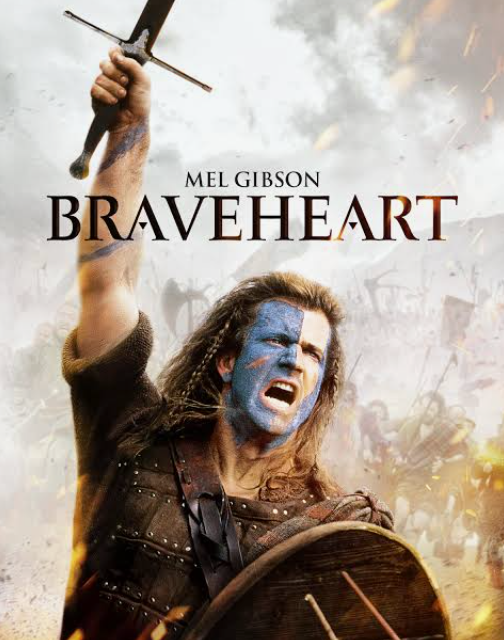
It’s definitely not typical corporate speak, and that’s intentional. I despise corporate culture, which is exactly why I left that excellent position in 2000. I hate meetings, suits and ties, being “official,” wearing a persona like a mask instead of being myself.
Tell me: why would a man with a tie be more successful as a salesperson than one without?
Authenticity is everything. That’s why “Braveheart” with Mel Gibson is my favourite movie. Being brave means you’re afraid of doing something, but you still do it anyway. Be yourself, not anyone else. Be open-minded, straightforward, crystal clear, and honest. This approach serves your own life and makes you predictable to others so that they read & understand you — which isn’t always an advantage, but remember: in life, you never get just advantages. Nothing exists without its opposite. That’s the law of polarity.
The motto ‘All for One, One for All.’ How does that work practically?
This comes straight from “The Three Musketeers” by Alexandre Dumas— great stories, just pure life! When you’re predictable in your authenticity, it benefits your entire team. Eventually, people know you and appreciate you.
Yes, some won’t like you—let them go.
We don’t need to do business with everyone. With eight billion people on this planet and still counting, there are plenty of opportunities to find the best people, suppliers, and customers. Hence, don’t worry – be happy!
Here’s how I practice this philosophy:
- People first, always
- Leadership is about love
- Build teams, not stars
- Be a coach, not just a manager
- Give unvarnished feedback
- Respect the power of listening
- Have a moral compass
Listen to your team, spend time with them, show them they’re valuable. Nothing is a one-man show. Don’t take yourself too seriously or too importantly. Whenever you can spend time together, it creates more enjoyment. It’s never wrong to do the right things.
The Love and Joy Integration
Most business leaders separate personal happiness from professional success. You seem to integrate them. How does that work?
First, let’s understand happiness: it’s a function of accepting what is. This doesn’t mean you have to like everything—just accept it, because you can’t change what happens to you. You can only control your attitude and perception. Happiness is ultimately a DECISION!
As Buddha said: “There is no road to happiness—happiness is the road.”
Success is different from happiness. Success comes from meeting the right people at the right time with the right idea, combined with consistency. But when you integrate happiness into your professional life, you’re not just building a business—you’re building a life worth living.
The Authenticity Challenge
You emphasize being ‘‘100% authentic.’’ In business, that can be risky. How do you balance authenticity with commercial success?
It’s far riskier not to risk anything!
How am I risking something when I’m being 100% myself?
Perception is everything. You can always change your future by changing your attitude. If you want to change anything, you need to become today who you want to be tomorrow.
As John Lennon said: “Always telling the truth probably won’t bring you many friends, but it will bring you the right ones.”
Think of it this way: when you look in a mirror, it shows you everything—your body language, your expression, how others will see you. Be aware of that reflection, because that’s your authentic self speaking to the world.
The Failure Question
Not every fire you light will probably work out. How do you handle the ones that don’t catch?”

If you want to improve, increase your failure rate!
Thomas Edison’s light bulb story said it perfectly: “I have not failed. I have just found 10,000 ways that won’t work.” If you don’t make anything wrong, don’t expect to make anything right—there’s no great story in playing it safe.
Sometimes you make business, deals, money. Sometimes you learned a lesson. Take it easy. Both outcomes move you forward.
The Steve Jobs Connection
Quoted from Steve jobs ‘Stay hungry & stay foolish’- How do you reconcile made in Malaysia, powered by German technology, and Swiss precision with this American mentality?
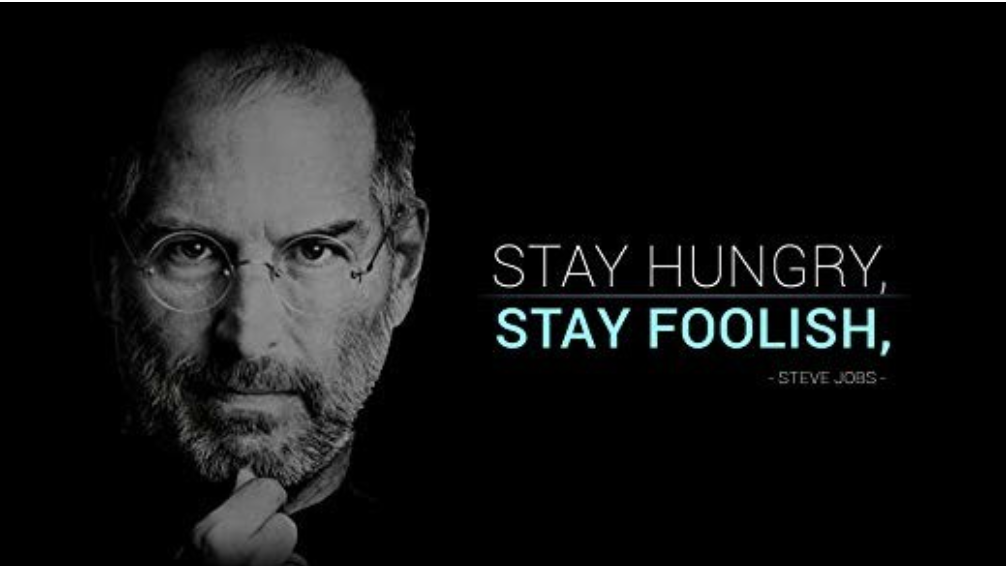
We are one world. It doesn’t matter where you come from—we’re all humans who wish to be treated with love, respect, and appreciation nicely and fairly.
The hunger and foolishness Jobs spoke of aren’t American—it’s humane. Whether it’s Malaysian innovation, German engineering excellence, or Swiss precision, the drive to create something meaningful transcends borders. We take the best from every culture and combine it into something greater.
The Daily Practice
How do you personally practice these philosophies? What does a typical day look like for ‘the philosopher engineer’?
I live by crystal clear, easy-to-understand principles. My day normally starts at
5:50 AM with 10 minutes of muscle building & abs stretching, followed by a green smoothie. I walk with my dogs, share coffee and breakfast with my significant others.
Throughout the day, I cycle, attend team meetings, answer emails, take phone calls, and prioritize good, healthy food. I read every day, work in the garden, get out into the forest, and enjoy the sun. I end each day ensuring I get good sleep.
The key is simple: keep yourself alive—not just surviving, but truly living.
The Final Wisdom
If you could leave one piece of wisdom from your life journey, what would it be?
We are humans—don’t expect us to be perfect.
I don’t believe there’s such a thing as “final” wisdom.
The only question we need to answer in life is this: “Who am I?”
But if you want just one piece of wisdom to carry forward:
LOVE CONQUERS ALL.
In the end, love conquers all— and that’s what truly matters.
